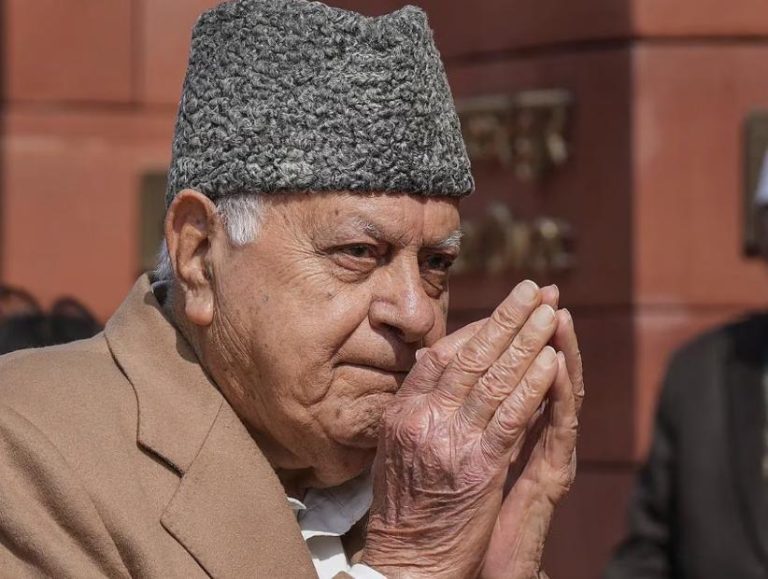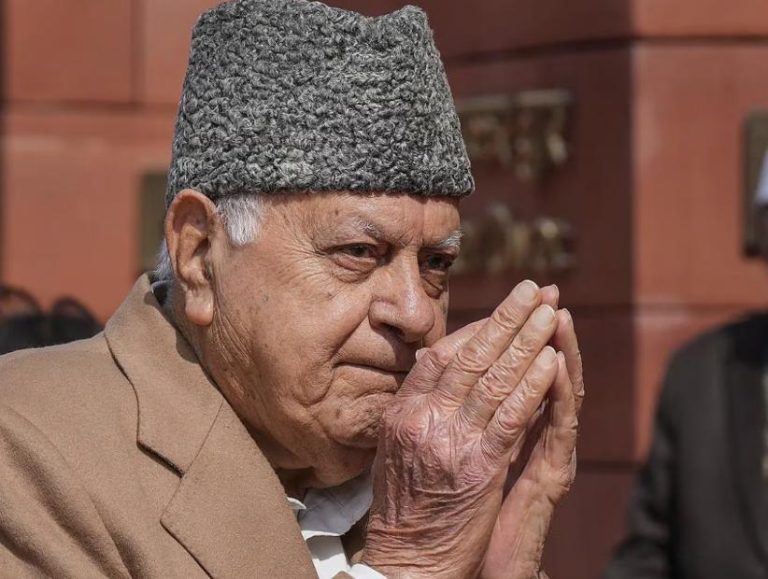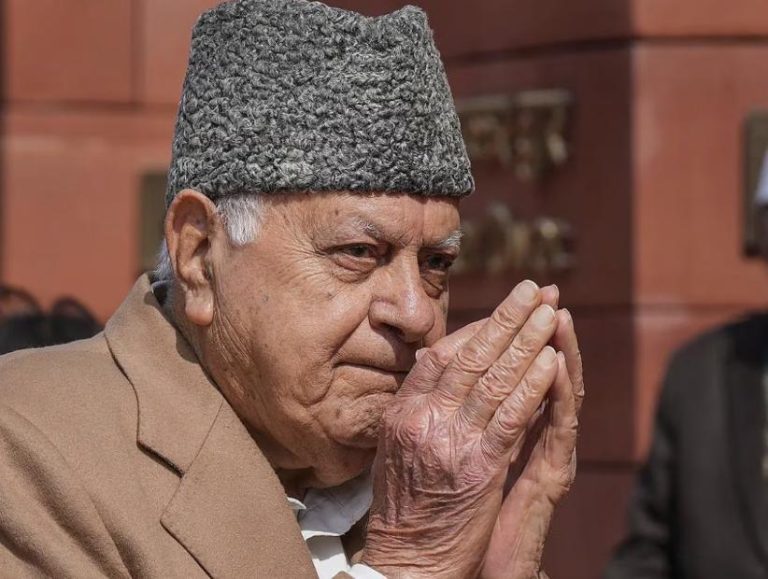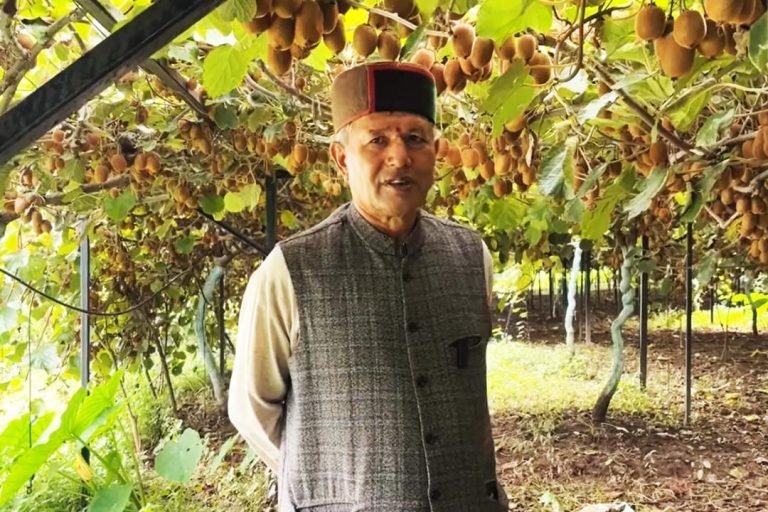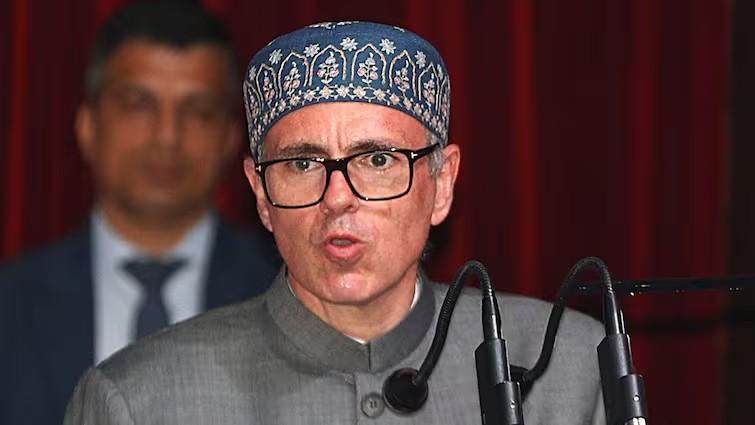
Normalcy in J&K post Art 370 abrogation is forced, not organic: CM
The abrogation of Article 370 from Jammu and Kashmir (J&K) in August 2019 led to a significant transformation in the region. The move, which revoked the special autonomous status of the state, was followed by a series of measures aimed at bringing normalcy to the region. However, the question remains whether the normalcy that has been achieved is organic or forced.
Omar Abdullah, the former Chief Minister of J&K, has recently expressed his concerns about the normalcy in the region. According to him, the normalcy that has been achieved in J&K is not organic, but rather forced.
“If what is happening in J&K is organic, then nothing like it. If it is driven out of fear, then there’s a problem,” Abdullah said. “But I’ll hazard that people don’t believe it is organic,” he added.
Abdullah’s comments come at a time when the Centre is claiming that the normalcy in J&K is organic and natural. The Centre has been claiming that the decision to abrogate Article 370 was taken to ensure the development and progress of the region.
However, Abdullah’s views are not alone. Many experts and analysts have also expressed their concerns about the normalcy in J&K. They argue that the region has been forced into normalcy, rather than it being a natural process.
One of the main concerns is the presence of a large number of security forces in the region. The Centre has deployed a significant number of security personnel in J&K to maintain law and order and prevent any untoward incident. While this has helped to ensure peace and stability in the region, it has also led to a sense of fear and uncertainty among the people.
The other major concern is the restrictions on the movement of people and the communication blackout in the region. The Centre had imposed a communication blackout in J&K, which meant that people were not able to access the internet, mobile phones, and other forms of communication. This had a significant impact on the daily lives of people, as they were unable to communicate with their families and friends.
The restrictions on the movement of people were also a major concern. The Centre had imposed restrictions on the movement of people, which meant that people were not able to move freely in the region. This had a significant impact on the economy of the region, as people were unable to engage in their daily activities.
In addition to these concerns, there are also concerns about the erosion of autonomy and the loss of identity of the people of J&K. The abrogation of Article 370 had a significant impact on the autonomy of the region, as it meant that the Centre had more control over the region.
The loss of identity is also a major concern. The people of J&K have a distinct identity, which is being eroded by the Centre’s decisions. The Centre’s decision to change the names of the cities and towns in J&K is a major example of this.
In conclusion, while the Centre is claiming that the normalcy in J&K is organic and natural, the reality is that it is forced. The presence of security forces, the restrictions on movement and communication, and the erosion of autonomy and identity are all major concerns that need to be addressed.
As Omar Abdullah said, “If what is happening in J&K is organic, then nothing like it. If it is driven out of fear, then there’s a problem.” It is essential that the Centre addresses these concerns and ensures that the normalcy in J&K is organic and natural.
News Source:
